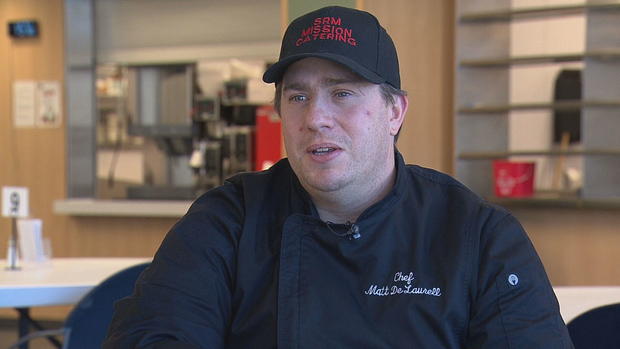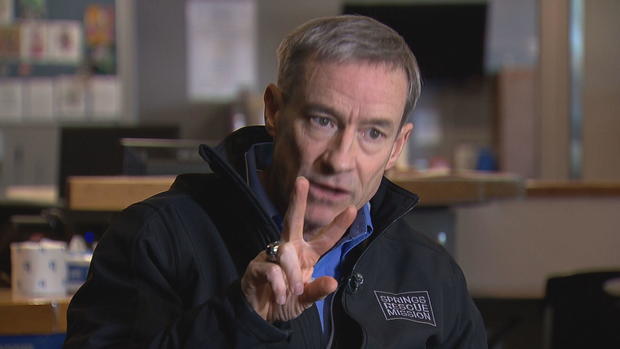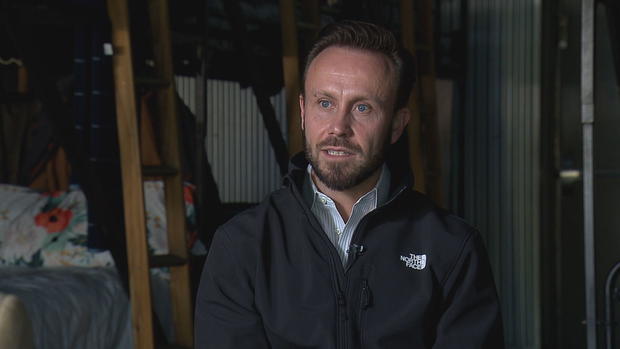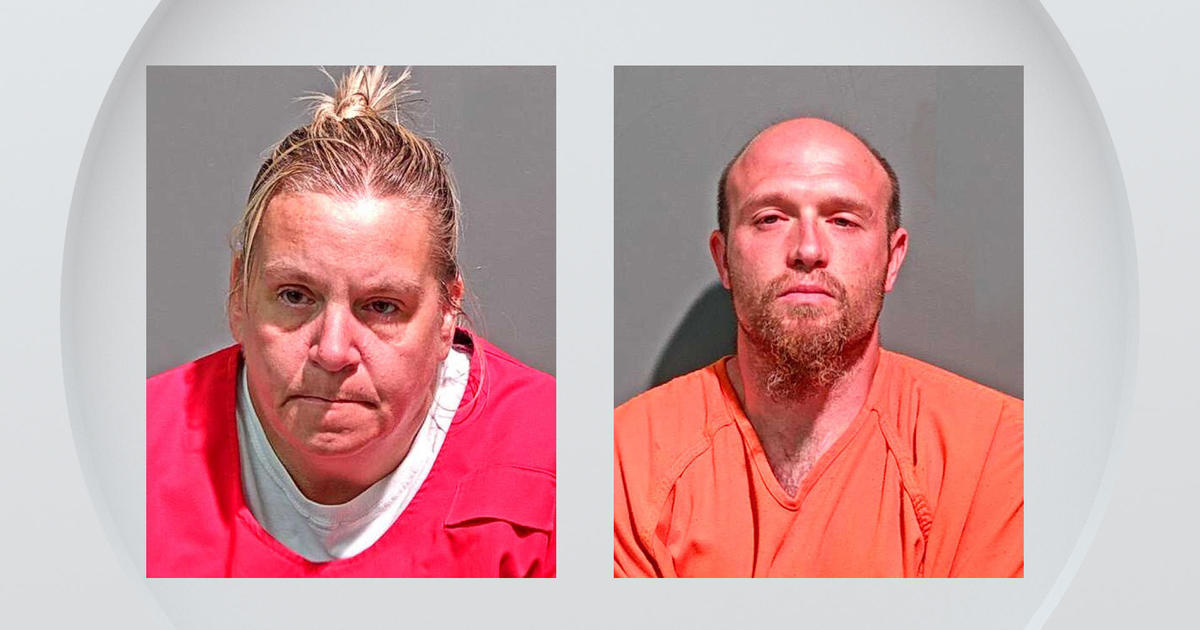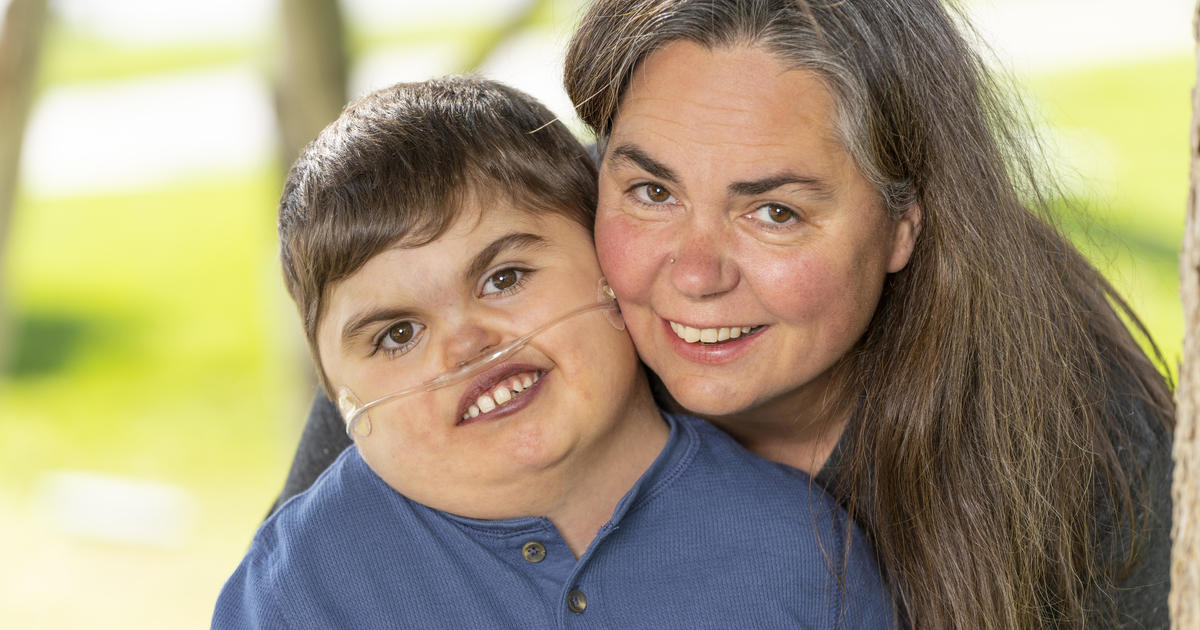Aurora councilman sees Colorado Springs shelter as a model for regional homeless campus
On any given day, some 600 men and women come to Springs Rescue Mission looking for a warm bed and hot meal.
Matt DeLaurel found far more: "Something happened with my first interaction with a staff member here. They saw value in me."
He found a reason to live. "The thing about addiction and mental health is you've reached a level where you think this is your only choice," he said.
Many shelters, he says, have good-intentioned people and policies that reinforce that thinking: "Sometimes it takes incentivizing making that choice for someone to step away from the only choice they think they do have into something greater."
While most cities and shelters operate under the premise that people are entitled to housing, Springs Rescue Mission aims to show people they're entitled to more than a free room.
"It's about worth, dignity, and respect, says Jack Briggs, a retired two-star general who heads up the mission, where there are no free rides. It's all about give and take.
"Out there everything is transactional. If I do this, you'll do that. If you do that, I'll do this. So, we take that psychology and we twist it and do it for good," Briggs said.
Give your name and you get a bin to store your stuff and oatmeal for breakfast. Get a physical and you get a locker and eggs and bacon for breakfast. The more you do -- pass a drug test, work in the kitchen, see a therapist -- the better the accommodations. There are three tiers of housing.
Briggs says they were built deliberately close to each other: "What's great is, if you're living here, you get to see this advanced shelter program and you can see the difference -- there's chairs here and there's couches over there. There's refrigerators over there because you can have food. You can bring pizza in there and you can smell it over here."
Recovery is rewarded. You start with a bed, he says, and earn a room. Instead of entitlement, there are expectations. "We see everyday firsthand what works and what doesn't," Briggs said.
Aurora City Councilman Dustin Zvonek has seen it too. For years, his mom struggled with mental health and substance abuse issues, getting help when her dad made housing conditional on it. After he died, she was left with a place to live, he says, but seemingly no reason to live.
"We saw her disassociate, which is common with people that have behavioral health or addiction challenges," Zvonek said. They disassociate from society, their family, and services. And ultimately it led to a tragic end. My mom took her own life."
Zvonek hasn't talked about his mom's death publicly until now. He wants Aurora's "regional homeless services campus" to be modeled after Springs Rescue Mission and not the approach adopted by most shelters -- "housing first" -- where there are no conditions and, in turn, Zvonek says, no incentives to get help.
"Given what I experienced with my mom, I knew that I could never support Housing First as a solution," he said. "One of my fears is that we're seeing the homeless industrial complex, that we're seeing far too many of these non-profits popping up and they're serving people's emergency needs but they're not helping people move out of homelessness. Maybe in the long run you can't save everybody and I don't know that it would have changed everything or anything, but I can't support a policy that just gives up on people and that's what Housing First does."
While Springs Rescue Mission, Zvonek says, gives purpose, "I think there are some who don't believe in the human spirit, the ability to rise out of where they are today and achieve a better place. I don't buy that."
Briggs doesn't either. The Mission reports that nearly half of the 400 people staying there currently have joined programs aimed at treatment, employment and housing.
"We're not giving people worth. They already have it. We're just helping them rediscover the fact that they have it," says Briggs.
DeLaurel is now employed as a chef at the Mission and is helping others rediscover their worth: "I made my mission here about one thing, about giving people what I found here.. to give them a new life, to show them they are valuable."
Of the Mission's employees, 15% are former residents like DeLaurel. While it is a faith-based operation, Briggs says, religion is optional. The place has broad support from 350 business sponsors -- including companies like Coke and Pepsi -- to 60 churches, and more than 1,300 volunteers, but because only one of its shelters is Housing First -- it receives most of its funding from private -- not government sources.
